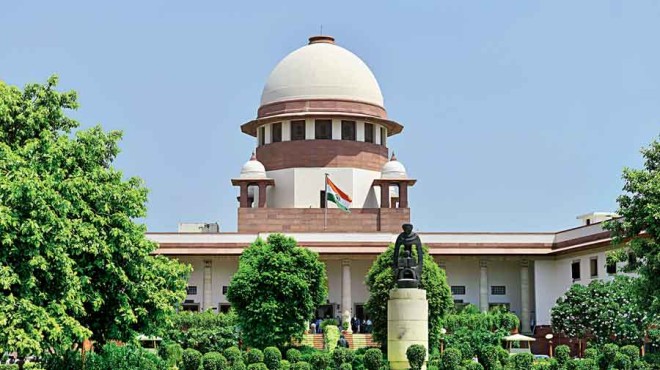Ban on polygamy encourages illicit sex: Muslim law body
September 03, 2016
Explaining the reason behind the relevance of triple talaq mode of oral divorce specifically granted to husbands, the All Muslim Personal Law Board said that men are better at controlling emotions and, therefore, unlikely to take impulsive decisions.
OUR TAKE
The Muslim law board support polygamy because of their belief that it is for the protection and security of women in general and that Koran only permits this practice not encourage it. But they should also realise that in today's time this practise is being fervently misused by men and causing great hardship to the opposite sex. Personal laws have always remained a sensitive topic and any attempt to question them are completely subdued. However, there should be some room to make certain amendments or changes to give equal rights to the women and be consistent with current time.
Latest Legal News
.jpg)
3 Bills to Renew India's Criminal Justice System presented in Lok Sabha; All you Need to Know

âSorry state of affairs' in PoSH Act implementation; SC orders Govts. to ensure ICCs are constituted


 621+ Lawyers are online
621+ Lawyers are online 


.jpg)


